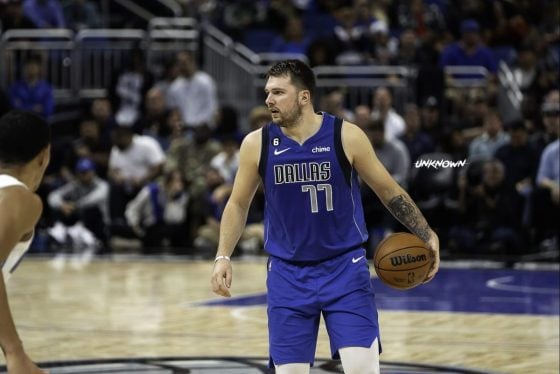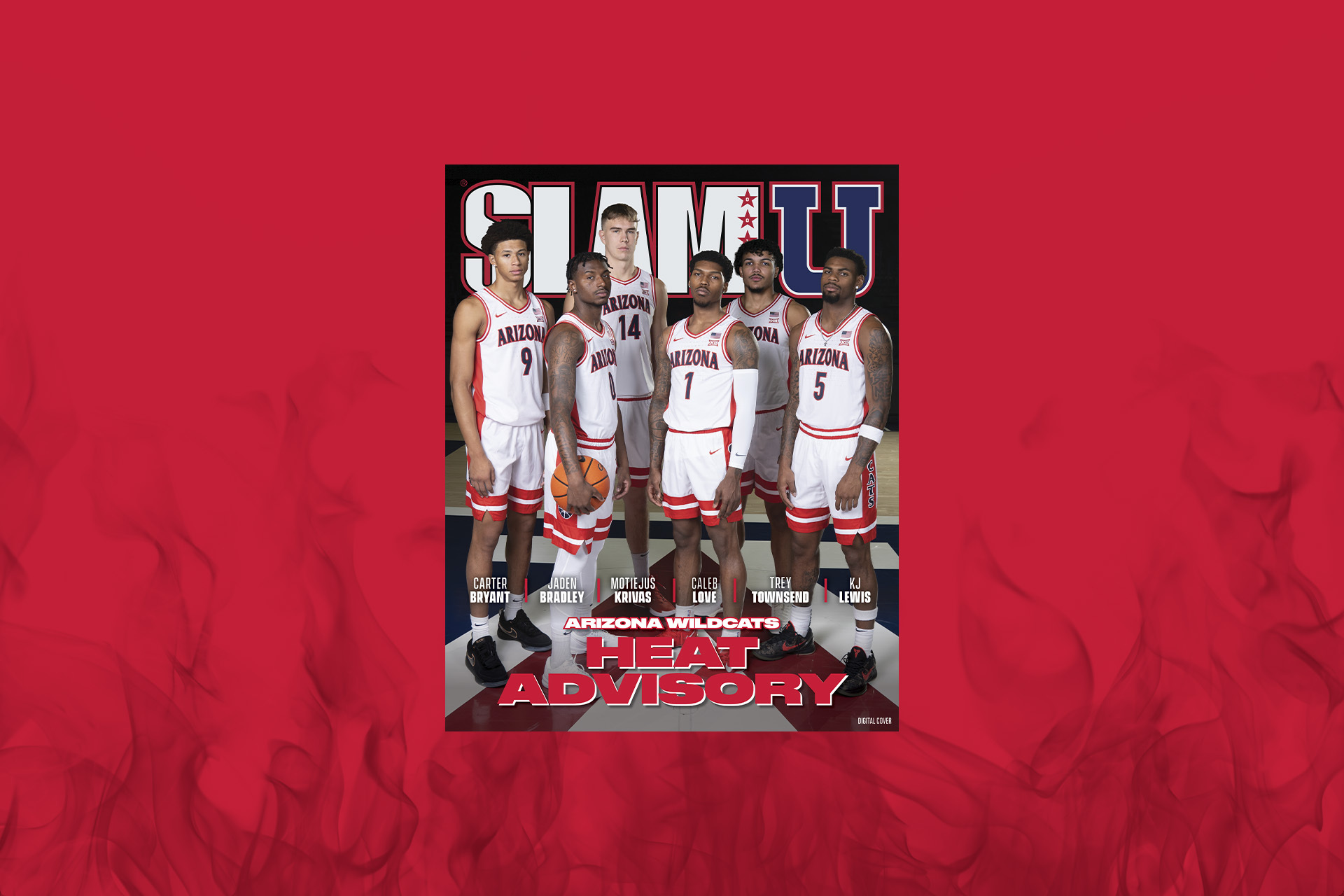Alright, I have to admit… I cheat a little bit.
When looking at writing articles here at CelticsBlog, I’m always looking for subjects and takeaways from my articles that are relevant to the team that I coach. Hidden somewhere in almost every article is a message that I hope the players I coach can pick up on — sometimes more subtly than others.
While perusing the vast depths of coaching Twitter over the weekend, I saw a stat about Jayson Tatum that really caught my eye:
Charted all of Jayson Tatum’s unforced A/TO from the 2022 playoffs..
Total A/TO playing off 1 foot = 50/56
Total A/TO playing off 2 feet = 90/15
Comparison: 2 Foot Plays – Assists increase by 40, turnovers decreased by 41
— Michael Moynihan (@CoachMoynihan) August 7, 2022
This was everything rolled into one: a great film study to do, and some very relevant film on my part to verify and follow up on the ‘why’; the perfect teaching point for our team, as we preach playing off two feet in the lane; the right vehicle to deliver that message in an MVP candidate and some of our guys’ favorite players.
First, a hypothesis: playing off two feet means playing more control. When grounded, you can pivot and spin, rip away from pressure and buy yourself time to make decisions as a passer. Once you leave your feet, there’s a finite amount of time to make those decisions, leading to turnovers. These are over-simplifications. The old ‘never throw a jump pass’ narrative is tired and inaccurate. Instead, it should be ‘never jump without knowing where the open teammate is to pass to.’
For a player like Tatum, these metrics also tend to make sense. At 6’9”, he’s bound to be at least an average athlete, though he does not stand out as an elite leaper or the quickest cat in the litter. He uses angles, physicality on drives, a smooth dribble and misdirection to help gain separation from his man and finish at the rim. He’s more likely to slither around the defense with long-stride euro steps than to rise up on top of a big and serve up a poster. His game is about craftiness, making the fundamentals and the depth of his bag all the more vital to his success.
One of the best moves to go to is a reverse pivot off a stride stop, where Tatum can let the defense fly past him, then turn around and make a pass off two feet. With the urgency defenders have due to his scoring prowess, it’s a wildly effective counter for Jayson:
Assists are, to be frank, a bit of a flawed stat. NBA statisticians have become rather generous with the passes that qualify as an assist. The scorer can do a lot of the work most of the time, the pass doing little more than simply reversing the ball quickly or throwing it into the post to an isolating scorer.
So instead of talking about all the impacts that footwork has on Tatum’s ability to make plays, let’s focus on the inverse: his ability to limit mistakes. To us, that’s the real value in the stats shown by Coach Moynihan. Playing off two feet drastically cuts down on turnovers.
Most players who try to pass off one foot do it because they are rushed. Their internal clock is ticking rapidly as they feel the space around them closing. ‘If I don’t pass it now, right now, something bad will happen,’ most will unconsciously say to themselves to rationalize the kickout on the fly.
Those quick passes can be dangerous. Accuracy is more difficult when traveling at full speed. Typically, guys don’t jump as high when lifting off of one. Defenders are smart, especially at high levels of basketball. They anticipate the obvious passes and can intercept them, going off to the races to the other end. There are a lot of reasons to avoid these circumstances whenever possible.
There’s another flaw that comes from playing off one foot when driving to the rim: charges. NBA officials are pretty trigger-happy on the call (not as bad as college refs, though) and there are plenty of defenders just waiting for those opportunities. Referees tend to reward two-foot jumpers because there’s a semblance of control to the basketball move. While a charge is technically about contact to a square and established defender, it is a player-control foul, inferring that players who avoid them are being under control.
The vast majority of Tatum’s charges come off one foot, where he is long-striding and covering ground without the ability to come to a stop. Those are dangerous ones that not only lose possession but pick up a personal foul for the Celtics’ best player:
Those calls by referees are especially evident off Euro steps, which Tatum is prone to use frequently. A euro step is about going in one direction with your first step and changing direction with the second. It’s hard for a referee to distinguish on the fly why the player is doing it, and by changing direction before the last step, it leaves it up for interpretation that the driver is doing it so that he can avoid an established defender. As soon as that seed is planted into a referee’s head, the offensive player loses the benefit of the doubt.
Turnovers are turnovers. They are most often attributed to poor decisions and errors in judgment, not footwork. But playing off two feet helps prevent turnovers by slowing down Tatum’s movements so he can make more deliberate decisions and weed out errors in judgment. Playing exclusively off two feet is unrealistic in the NBA and limits too many parts of his arsenal. But finding a balance, particularly as he ages and loses a step, between those moments can help cut down on some of those turnover-heavy moments.
A couple of final takeaways from going back and watching all of Tatum’s assists and turnovers this postseason:
- Tatum is a hell of a passer. It remains the most underrated part of his offensive game, and it’s really good.
- Part of the reason he racks up some easy assists: he doesn’t dribble right away when he catches the ball. It’s a great lesson for young players out there to be patient and let the play develop. Tatum is an elite threat as a scorer, so the mere hesitation and near shot-fake draws multiple defenders. He routinely finds open teammates and quick decisions by thinking a step ahead and not just putting it on the floor right away.
- For every two positive plays Tatum makes out of a Euro step, he’ll have one turnover or broken play. The move can be over-done and anticipated by the defense.
- He’s starting to see a lot more traps and double-teams. That will likely continue to increase as he becomes an established veteran in the league.






